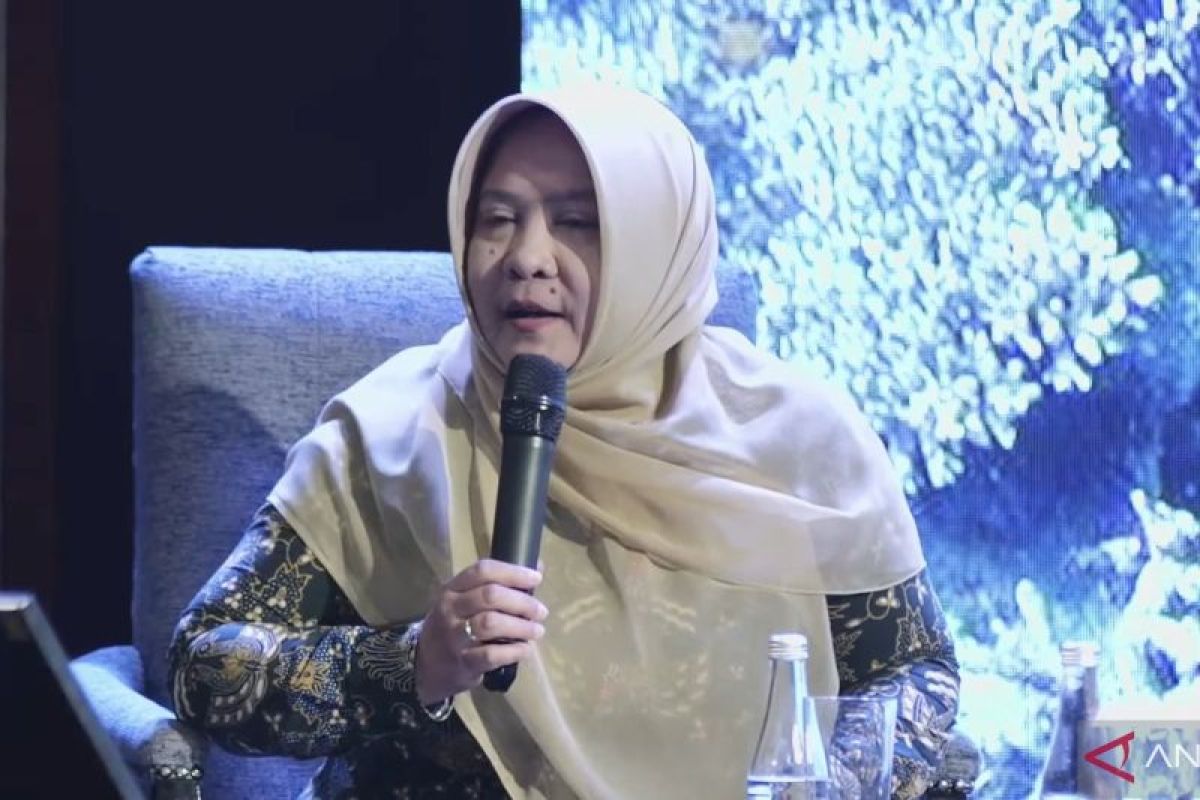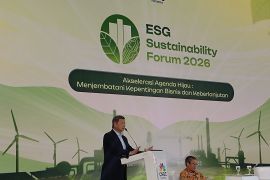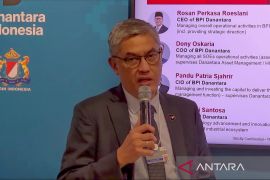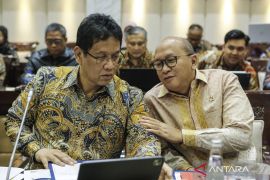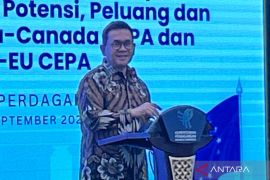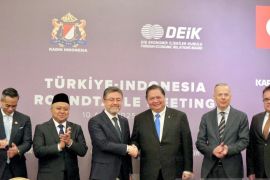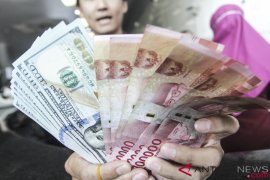The NEK is intended to support the target of reducing greenhouse gas emissions set by the government, director general of climate change control (PPI) at the ministry, Laksmi Dhewanthi, said during a discussion held by the Peat and Mangrove Restoration Agency (BRGM) here on Friday.
As per Presidential Regulation Number 98 of 2021 concerning the Implementation of NEK for the Achievement of Nationally Determined Contribution Targets and Control of Greenhouse Gas Emissions in National Development, NEK is an instrument to realize the reduction of greenhouse gas emissions.
"So, the goal is not merely to seek economic benefits. There are indeed economic benefits as added value, but this can also be an incentive for those who undertake mitigation efforts," Dhewanthi said.
She added that the economic value of carbon, in its various mechanisms, can only be realized if there are climate change mitigation actions to reduce greenhouse gas emissions in each sector targeted by the Nationally Determined Contribution (NDC) climate document.
There are four types of carbon economic value mechanisms: carbon trading, results-based payment, carbon levies such as carbon tax and carbon excise, as well as other mechanisms that can be developed in accordance with scientific developments.
Indonesia has started implementing carbon trading and performance-based payments. Carbon trading is starting to be applied to the energy sector, especially the power generation sub-sector and greenhouse gas emission offsets.
Meanwhile, performance-based payments for emission reductions have been made through several schemes, including the Green Climate Fund, Kaltim FCPF Carbon Fund, Jambi BioCarbon Fund, and through cooperation with the Norwegian government.
Some funds have been received by the Environmental Fund Management Agency (BPDLH) and will be distributed to 34 provinces based on performance.
"For one activity or one mitigation, they should not get paid twice. So, regions that have received payment for their greenhouse gas emission reduction performance in this time period, they should not sell the same carbon again," Dhewanthi said.
Exceptions will be granted when local governments demonstrate that there are additional mitigation efforts in the area that can be validated, she added.
Related news: Pelindo to support climate action by protecting blue carbon ecosystem
Related news: Policy integration paramount for tackling climate change: Bappenas
Related news: Carbon tax implementation to be divided into two phases: Government
Translator: Prisca Triferna Violleta, Katriana
Editor: Azis Kurmala
Copyright © ANTARA 2024
